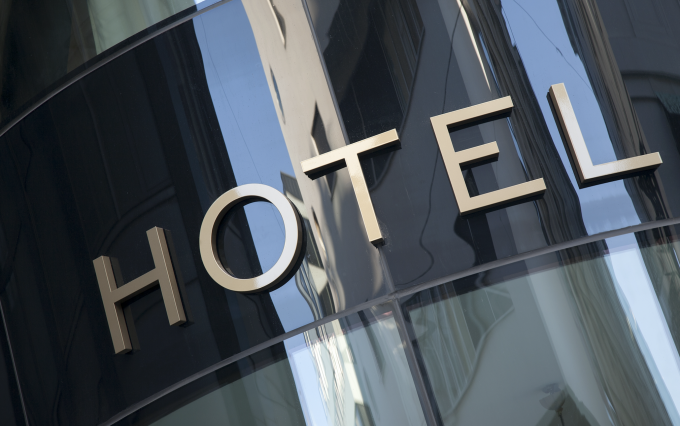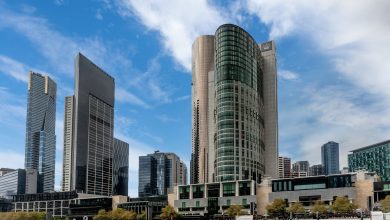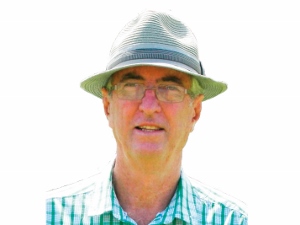
Should hotels have security screening?
Tourism is one of the world’s fastest-growing industries. Globally, more than 1.3 billion people travelled internationally last year and that number keeps rising.
When it comes to choosing not only a destination but also transport and accommodation, safety ranks as one of the top considerations for most travellers.
Every tourist needs a place to stay, and while there are many accommodation options available, a large proportion of travellers will spend at least a part of their trip in a hotel.
In recent years, luxury international hotels and resorts have become prime targets for terrorist groups that seek to disrupt tourism, in part because of the huge economic damage it can inflict.
The April 21 terrorist attacks in Sri Lanka killed 257 people. The attackers targeted three Christian churches, which accounted for over 200 of the fatalities.
[pro_ad_display_adzone id=”15046″ align=”left”]However, in keeping with a growing trend of Islamist terrorist attacks around the world, three luxury Colombo hotels (The Shangri La, Cinnamon Grand and Kingsbury) were also targeted, killing 39 people and wounding many more.Hotel and resort guests, as well as staff, have also been attacked in Pakistan, Indonesia, India, USA, Turkey, Tunisia, Burkina Faso, Jordan, Philippines, Egypt and Mali.
In most cases, the hotels and resorts targeted have been high-end, attracting tourists from multiple countries.
The tourism industry does take security seriously
Following the 9/11 attack in September 2001, global airlines and airports upgraded security for all airlines and airports around the world.
The International Maritime Organisation has also established strict global safety and security protocols applying to all cruise operators.
All these come under the jurisdiction of the United Nations.
However, there are no globally enforceable standards of security that apply to the accommodation sector.
Why is accommodation different?
One reason for this is that there are many forms of accommodation ranging from Airbnb, private guesthouses, pubs, motels, caravan parks thorough to luxury hotels and resorts.
Consequently, it is almost impossible to establish a set of safety protocols that can readily apply to all.
The International Hotels and Restaurants Association, which is the global body for the accommodation sector, lacks any global governance power to impose a set of safety standards.
Increasingly, the larger international hotel chains — led by Intercontinental Hotels Group, Hilton International and Accor — have sought to introduce enhanced safety measures to their hotels and resorts.
Screening interrupts a warm welcome
Hotel guests have traditionally resisted personal and baggage screening, which they tolerate at airports, cruises and even international rail stations.
For many hoteliers, invasive screening conflicts with a long tradition of extending welcoming hospitality for all.
However, that same open and welcoming approach has made hotels a soft target for terrorists.
Increasingly, those hotels that are likely targets of terrorist and criminals have sought to introduce technological approaches to screen guests and their baggage that is not personally invasive. Security with a smile.
Many hotels are now signing up for certification from private security agencies such as Sweden-based Safehotels.
They provide three levels of security grade for hotels based on 220 standards of safety and security.
The ‘executive level’ is the highest level of security and this gives the hotel the right to market the benefit of being independently rated as a safe hotel.
Security top of mind
Whether a traveller is staying at a hotel for business or leisure, all hotels guests want to be assured of a safe hotel experience.
Those hotels that can demonstrate a commitment to, and implement, measures that ensure safety for their guests will attract the growing number of hotel guests who demand a secure hotel stay.
Increasingly travellers, especially those on business trips, seek the advice of travel security specialists such as International SOS when planning their trips.
Most leisure travellers will refer to government travel advisories, their travel agent and in some cases other private sector tourism security firms.
Contrary to popular opinion, many backpackers will choose to spend at least a night at a top-end hotel at the beginning or the end of their adventure.
The safety of hotels is a top-of-mind concern for travellers and increasingly, the question of whether it is safe applies as much to hotels as it does for destinations.
Dr David Beirman is a senior lecturer and coordinator of tourism in the management discipline group, UTS Business School, University of Technology Sydney. Prior to joining UTS in 2009, he spent 30 years in the tourism industry as a travel agent, wholesaler and destination manager.






